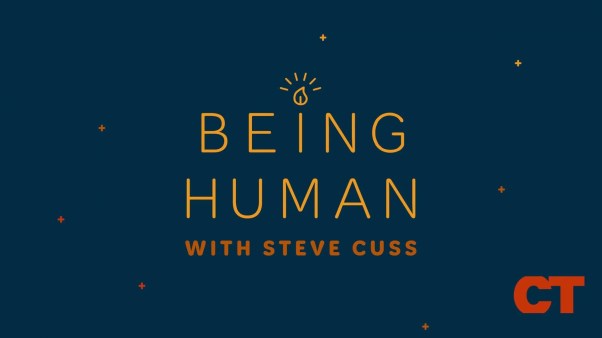When I was born, violent crime in America was historically high. Starting around 1960, crime rates climbed, and three decades later, violent crime had quadrupled from its mid-century low. Our pop culture looks back on the 1970s and 1980s with nostalgia, envisioning a suburban idyll of kids biking around the neighborhood at twilight hour. There’s truth there, but also a lie: At the national scale, I was born at the crest of a crime tsunami.
Then the wave broke. After 1991, violent and property crime alike began to fall sharply. My generation has the unusual distinction of having spent our entire conscious lives in a country becoming measurably safer. Safer, that is, until the past couple of years. The year 2020 saw a 25 percent increase in homicides compared to 2019. Now it may be, as an Atlantic headline declared in March, that “America’s Great Crime Decline Is Over.” To my thinking, it’s too soon to say, and 2020’s crimes rates remained far below that 1991 peak.
But suppose for the sake of discussion that the headline’s right. How should Christians respond if crime really is on the rise again? The simplest step we can take is to keep informed about crime rates. Polling shows Americans persistently believe crime is worse than it is. Unfortunately, evangelicals are “far more likely than the general American public” to make this mistake, according to research by Barna Group for Prison Fellowship.
That false belief is an open door to panic, demonization of higher-crime communities, and introduction of heavy-handed laws that mainly serve to comfortably assure us we’re “taking action.” We’re called to invest in the good of our communities here and now (1 Tim. 2:1–4), yet action for the sake of action is no virtue. Action for the sake of making our lives into comfortable fortresses amid a society we dread is no virtue, either.
In both cases, the temptation is to fight fire with fire and harshness with harshness. But laws passed haphazardly in the frenzy of fear or grief often wear poorly—and certainly don’t demonstrate a Christlike wisdom or righteousness.
We should look instead for approaches that reliably work to prevent crimes and restore both victims and perpetrators. The risk of misguided reaction is especially grave with crime waves, because the unsatisfying reality is that there’s no settled explanation for why crime fell and how that trend may be prolonged.
In tough-on-crime rhetoric, mass incarceration sometimes gets a good deal of credit, but analysis does not show we can reliably lower crime by locking up more people. (That’s particularly so with violent crime, while property crime seems to have been more responsive to imprisonment rates.) Between 2007 and 2017, for example, 34 states reduced incarceration and saw crime drop.
The true answer to why crime declined is likely more laundry list than sound bite, and while researchers have turned up many changes that could partially or indirectly explain it, there isn’t a single simple explanation. With so much uncertainty about what causes and reduces crime, humility and prudence are in order—but so is hope.
Our political conversation around crime too often gets stuck in a doom-and-gloom cycle that makes it easy to succumb to a habit of fear. That, in turn, can make it difficult to recognize good news outside the narrative of deterioration.
But Christians of all people should be receptive of good news, for the church is constituted by the “good news about Jesus the Messiah, the Son of God” (Mark 1:1).
We can remind each other that even with 2020’s crime uptick, American Christians live in a historically safe time and place. Even if that safety diminishes, we should be “joyful in hope, patient in affliction, faithful in prayer” (Rom. 12:12). We can also be confident of God’s love and goodwill toward us (Prov. 3:21–26), of his nearness even when our fears come true (Rom. 8:38–39), and of his promise to make right all things broken in our world (Rev. 21:1–5), a project in which we participate.
Bonnie Kristian is a contributing editor at The Week and the author of A Flexible Faith: Rethinking What It Means to Follow Jesus Today.









